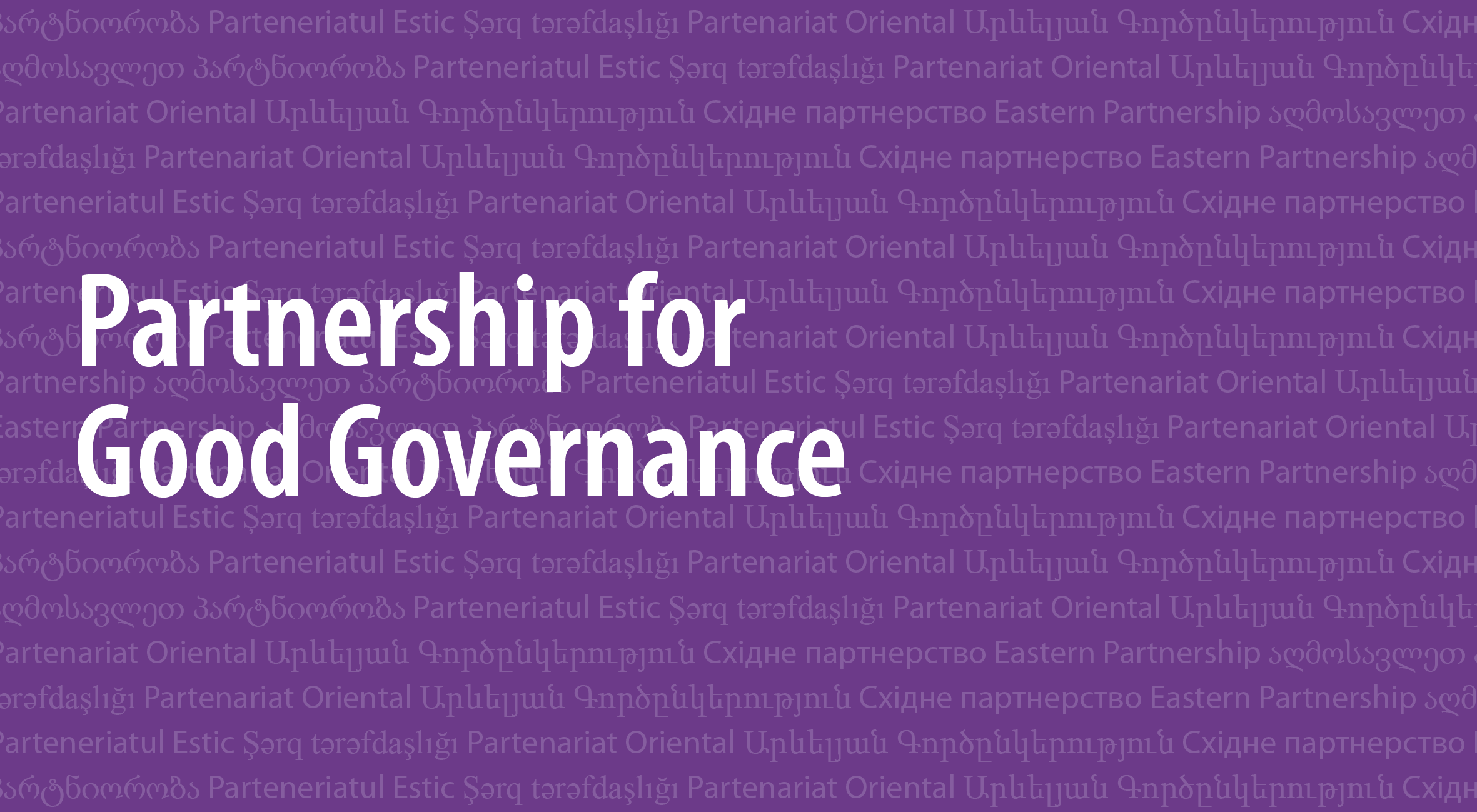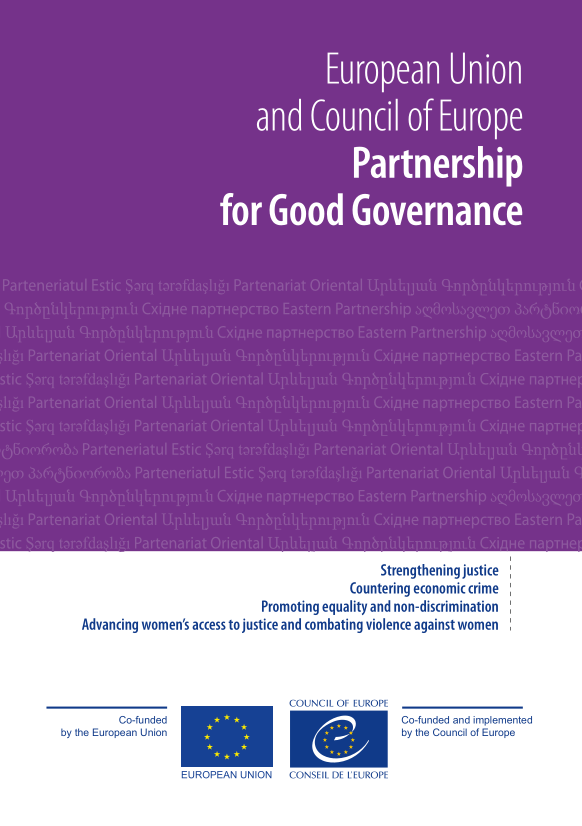To promote ethical journalism, on 8–9 October 2024, the Council of Europe, in close co-operation with the Human Rights Defender’s Office of the Republic of Armenia, organized a two-day training for 20 journalists, providing them with the skills to distinguish between hate speech and freedom of expression.
Journalists play a vital role in safeguarding human rights by sharing accurate, sensitive, and impactful information. Strengthening this important role of journalists in shaping public opinion and supporting democratic processes is among the key priorities of the Council of Europe.
Through their work, journalists have the power to influence society, and the aim of the training was to equip them with the tools to report in a way that promotes mutual understanding, and combats hate speech.
The training focused on topics such as ethical reporting on vulnerable communities, Armenian and European legal frameworks on hate speech, and media self-regulation. Participants also explored the challenges of reporting in the context of displaced populations and the role of the media in preventing harmful stereotypes.
As indicated by Maxime Longangué, Head of the Council of Europe Office in Yerevan, while equipping journalists with a deeper understanding of European standards on hate speech, the training empowered them not only to detect harmful rhetoric but also to actively counter it through accountable reporting. Therefore, the role of the media is crucial in advocating a culture of tolerance and understanding, promoting dialogue, diversity of voices in society, and contributing to societal cohesion. The Council of Europe stands ready to support the media in their work.
The training participant, journalist Lilit Hovhannisyan shared her insights “I believe the training course on European standards for combating hate speech is essential for journalists. It provided me with a thorough understanding of European legal standards, including the judicial practice of the European Court of Human Rights (ECHR) and the regulation of hate speech within a European framework. The course also offered a detailed overview of Armenia's current legislation, specifically how hate speech is defined, regulated, and penalized, as well as highlighting the gaps and challenges in law enforcement practices. This knowledge is crucial for understanding the legal environment in which journalists operate”.
This capacity-building session was organized by the Council of Europe’s Division of Co-operation Programmes under the project “Strengthening human rights safeguards for the displaced population in Armenia” and under the project “Promoting equality and non-discrimination in Armenia” co-funded by the European Union and the Council of Europe, and implemented by the Council of Europe in their joint programme “Partnership for Good Governance”, in co-operation with the Human Rights Defender of the Republic of Armenia.









